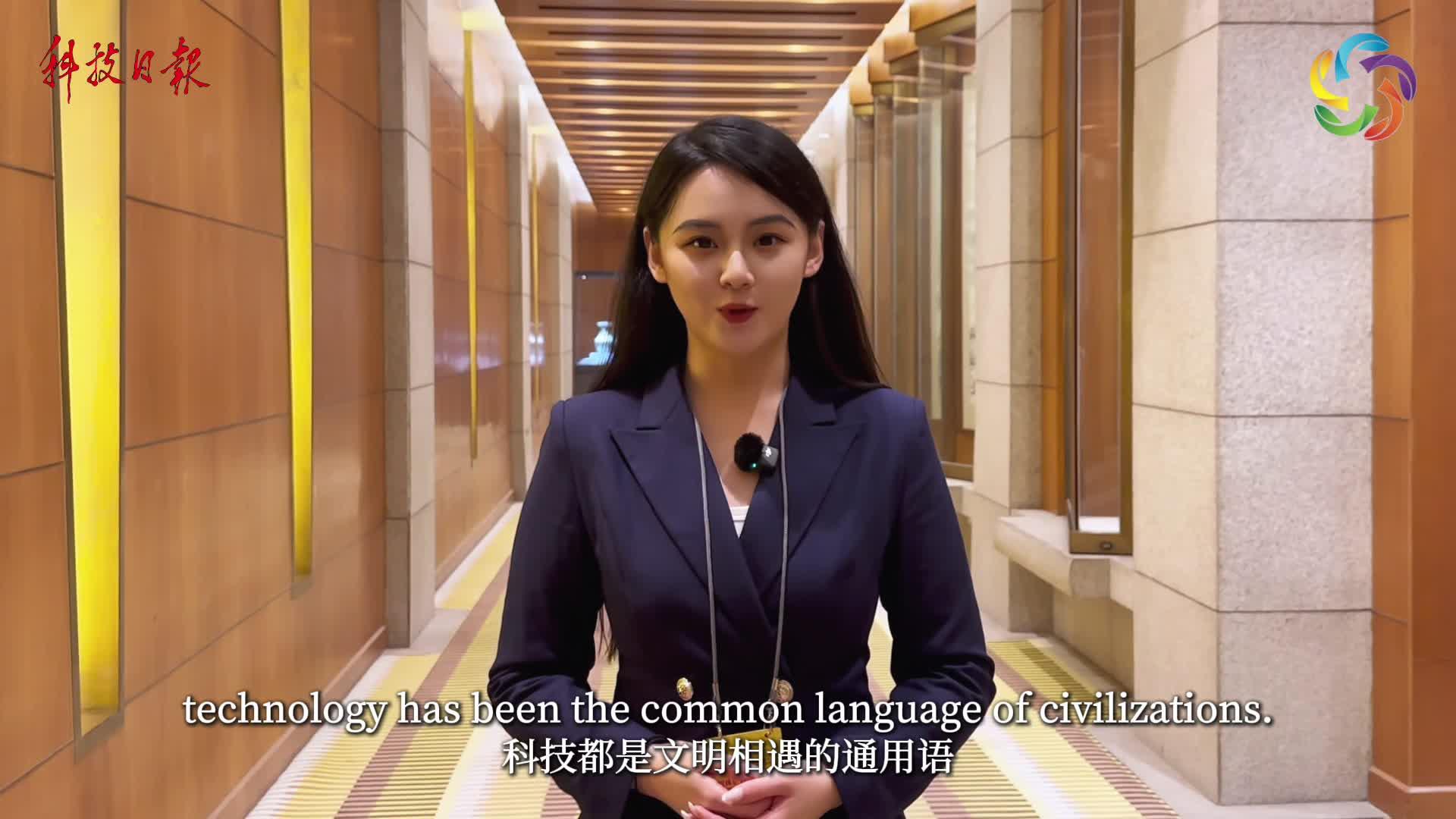Gen Alpha Embraces AI Landscape
In an era where technology is reshaping our world, there is growing concern among many adults about the long-term influence of AI technology. This was recently put into stark reality when 13-year-old Xu Mengmeng used generative AI to write a science fiction novel, AI Teen: The Mars Survival Challenge, which has earned him 20,000 RMB in royalties.
Dubbed the "Alpha Generation," young people like Xu, born after 2010, are ready and unafraid to harness the power of artificial intelligence (AI) in unprecedented ways.
A wave cannot be resisted
"Today, AI systems routinely exceed human performance on standard benchmarks," said Ray Perrault, Co-Director of the Stanford University AI Index 2024 report. This technological advancement is transforming industries and even redefining how the younger generation learns and interacts with people and the world. As Professor Mohamed Sawan from Westlake University said, the popularity of AI presents significant opportunities for socioeconomic development, particularly in some sectors like education and healthcare.
A recent survey by Tencent, a Chinese multinational technology conglomerate, shows that 45.1 percent of Chinese youth have used AI products, while the American organization Common Sense Media reports that 58 percent of American teens aged 12-18 have used ChatGPT. These statistics show a growing trend where the Alpha Generation is not just passively consuming technology but actively engaging with it to create, learn and explore.
Around the globe, educational institutions are promptly responding to this shift, integrating AI tools into their curricula and fostering environments that help students for a future where human and AI tools collaboration is embraced.
In China, the Ministry of Education has established 184 AI education bases in primary and secondary schools, encouraging a deeper integration of intelligent technologies into teaching and learning. Examples of this are innovative programs, such as the AI creative courses offered at Shanxi Experimental Primary School and the dedicated AI experimental zone at Luwan High School in Shanghai.
Concerted efforts to mitigate risks
According to a paper published in the open-access journal Science Advances this July, "We find that access to generative AI ideas causes stories to be evaluated as more creative, better written, and more enjoyable, especially among less creative writers. However, generative AI-enabled stories are more similar to each other than stories by humans alone. These results point to an increase in individual creativity at the risk of losing collective novelty."
As we unleash the potential of AI, using AI-related applications with caution becomes more important. Experts warn that overreliance on AI for creative tasks could lead to a homogenization of ideas, and the phenomenon of "AI hallucinations," where AI models generating inaccurate or false information will put young learners' thinking patterns in jeopardy.
Biases are not a question that can be ignored. According to OECD Digital Education Outlook 2023: Towards An Effective Digital Education Ecosystem, the potential of digital education cannot be fully reached if algorithms that may for example support the personalization of education replicate or even magnify the biases occurring in societies around the world.
Regarding these problems, experts call for critical engagement with AI and the responsible use of these tools. "Harnessing AI-related technologies requires a collaborative effort from governments, tech developers, educators, and parents, all working towards a common goal to maximize the role of these technologies," said Hu Jiehui, professor at the University of Electronic Science and Technology of China.
For tech developers, Professor Wang Xin from Tianjin University emphasizes the importance of developing native language AI models that can reflect local cultural values, ensuring that the content generated aligns with the educational and social benefits of each country.
From an educator's perspective, Hu said that teachers and students should join hands to leverage AI to enhance personalized learning experiences, while maintaining the essential role of teachers in guiding students' intellectual and emotional growth.
Advanced human-AI interaction
AI is not just a challenge. For the new generation, learning to utilize AI tools well has become an inevitable trend for improving learning efficiency and unleashing their creativity.
Experts agree that enhancing the level of human-AI interaction and developing advanced and thinking skills are critical for new-generation learners.
The question begs asking, what skills will be essential for learners in an AI-driven world?
The ability to ask high-quality questions is particularly important, as noted by Professor Oguz A. Acar from King's College London in an article on the World Economic Forum website. "A vital skill is problem formulation. In a world abundant with AI tools offering instant solutions, the real ability lies in effectively identifying and dissecting problems, delineating their boundaries, and creatively reframing them to broaden solution space," Acar said.
According to Hu, effective human-AI interaction is essential, which includes the skill to use questions for richer responses and avoid potential misinformation and biases during the dialogue with AI.
Tang Xiao, associate professor at Tsinghua University, added, "As generative AI gradually integrates into education, it is important to cultivate critical thinking, information discernment, logical reasoning, and an 'aesthetic sense' for language and content."
In fact, the capability to pose high-quality questions relies on the individual's social experiences and knowledge base. It is obvious that many young people, including the Alpha Generation, currently lack the proficiency in asking such questions. However, AI tools at least offer a means to train curious minds to resist the "Siren's call".
"To a certain extent, I am not worried about the impact of generative AI," Tang said, adding that, "The mission of education is to nurture the growth of the next generation with love and responsibility. Each generation has its unique mission and challenges, and as long as the new generation is stronger than the previous one, they will be able to overcome these difficulties."







